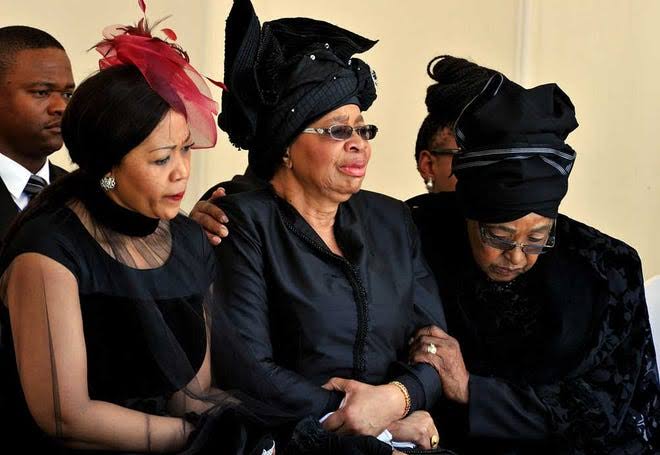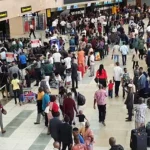In a country grappling with economic challenges, rising insecurity, and soaring unemployment rates, the dream of leaving Nigeria has become topmost in the minds of many young professionals.
The desire to escape the myriad challenges has driven thousands to seek opportunities abroad, with migration rates hitting unprecedented levels.
Join our WhatsApp ChannelHowever, a twist has slowed down the ‘japa’ rate, and it all boils down to the weakening of the naira.
As of June 2023, the surge in kidnappings and insecurity had pushed many Nigerians to consider migration as a means of seeking a safer and more stable life. Figures from the Nigeria Security Tracker revealed a disturbing trend, with 4,049 kidnapping cases recorded in 2023 alone. The deteriorating economic conditions, slow growth, and high inflation further fueled the passion of young professionals to explore opportunities abroad.
READ ALSO: JAPA: UK Introduces Biggest Clampdown On Legal Migration Ever
The United Kingdom and Canada emerged as top destinations, witnessing a significant influx of Nigerian migrants. Between June 2022 and June 2023, 141,000 Nigerians migrated to the UK, contributing about £1.9bn to the UK economy. Similarly, Canada saw a increase in Nigerian immigrants, with 22,085 admitted in 2022 and an additional 10,180 in the first half of 2023.
However, the dream of leaving Nigeria has become an increasingly expensive endeavor. In June 2023, the Nigerian government removed the rate cap in the official foreign exchange market, leading to the immediate devaluation of the naira. Within a month, the national currency fell from 471/dollar to 750/dollar, creating a ripple effect on the cost of everything associated with migration.
The devaluation of the naira has particularly impacted proof of funds (PoF) requirements for international students. Oyebode Omolewa, an educational consultant, highlighted the significant increase in PoF, making it challenging for students to meet tuition balances and living expenses. The exchange rate has surged, causing a more than 50 per cent increase in fees, leaving many students unable to pay.
“Depending on the airline, it is from N1m and above. You could travel with less than N1m before.”
The repercussions are evident, with reports of stranded students and individuals struggling to meet financial obligations abroad. Flight costs to London from Lagos have skyrocketed, surpassing N2 million, and reliance on the black market for currency exchange has exacerbated the situation.
Moreover, the UK and Canada, two preferred destinations for Nigerian migrants, have rolled out new policies, increasing visa fees, immigration health surcharges, and language exam fees. The British Council, for the second time in months, raised fees for its English Language Testing System examinations, adding to the financial burden on aspiring migrants.
As young Nigerians find themselves trapped between the soaring costs of migration and the uncertainties of the global policies of their preferred destinations, optimism remains for an economic turnaround in 2024. However, the immediate future appears challenging for those grappling with the financial hurdles of pursuing the dream of a better life abroad. The weakening naira has undeniably become a significant hurdle in the pursuit of the ‘japa’ dream.

















Follow Us